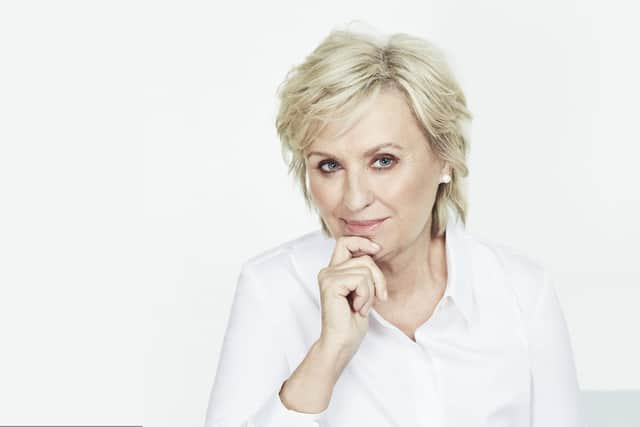Edinburgh International Book Festival round-up: Tina Brown | Arinze Ifeakandu with Colm Tóibín | Siri Hustvedt
For me, it was the man in the front row of the circle who asked Tina Brown the best question about the Royal Family yesterday. “Why do we care about these people?” he said. “They’re not politically important, they don’t seem to have any great thoughts ... so why do we care?”
The question wasn’t as antagonistic as it sounds – he included himself as being among the ones who cared – but another way of putting it would be to wonder what made 400 people intrigued enough about the royal soap opera to buy a ticket. Brown's answer was conventional enough – our supposed fascination with watching the humans in a thousand-year-old gilded cage – but it begs further questions. The main one, for me anyway, is whether we can learn anything new about the royals. I have my doubts.
That said, none of us in Central Hall have ever lunched in New York with Princess Diana in 1997 and heard her talk about her plans for the future, just as none of us wrote that first story in 1985 about the cracks in her supposedly fairytale marriage. And as Brown did, her insights into the monarchy carry some weight. For the record, she thinks it needs Harry and Meaghan to return for the ten years until the adolescent Prince George becomes media fodder, that Andrew ought to try his hand at obscurity in, say, South Africa, that Charles needs a battery of brilliant speech writers (as do William and Kate) who must all be masters of the difficult art of being interesting – but not too interesting.


If, instead of this competent but predictable trot round the obvious, the audience had caught Colm Toibin’s interview with gay Nigerian writer Arinze Ifeakandu, I can’t help thinking they would have enjoyed it a lot more. Not only was it a masterclass in the short story, but the ones under discussion, from his debut collection God’s Children Are Little Broken Things are the kind that haven’t been written before – at least not in Nigeria, where homosexuality is still punishable by up to 14 years in prison.
With generous-spirited expertise, Toibin highlighted how carefully Ifeakandu had avoided both his own bugbear – over-detailed backstories – and stories shoehorned into sloganeering. Speaking from Florida, where he now lives, Ifeakandu explained that felt no need to explain his characters’ past, having already imagined it himself, but was always intrigued by their encounters in the present. Here, the many languages of Nigeria play their part in subtly shading in power relationships: an Ibo-speaking chief slipping into Hausa for an encounter with a poorer shopkeeper being “as expressive as the way we touch each other”. Yet both in that particular story, and in the others we glimpsed fractions of, there didn’t seem to be any trace of stereotypes or preachiness. Man Booker winner Damon Galgut has already hailed Ifeakandu as “the real deal”: on yesterday's evidence, he’s clearly right.
Stereotypes stay well clear of Siri Hustvedt’s essays and novels too, and an engaging session ably chaired by Chitra Ramaswamy, showed why. Whether writing about her grandmother, her own experiences of misogny as a PhD student deliberately blanked by pipe-smoking philosophers – or even the way science long ignored the importance of the placenta – Hustvedt focuses clearly on what is culturally missing from the picture. Oddly, these transatlantic conversations have worked out better on video link than if they had happened in real life on the Northside Theatre stage where, the lack of banked seating means that those in the back rows often can’t see the writers on stage.